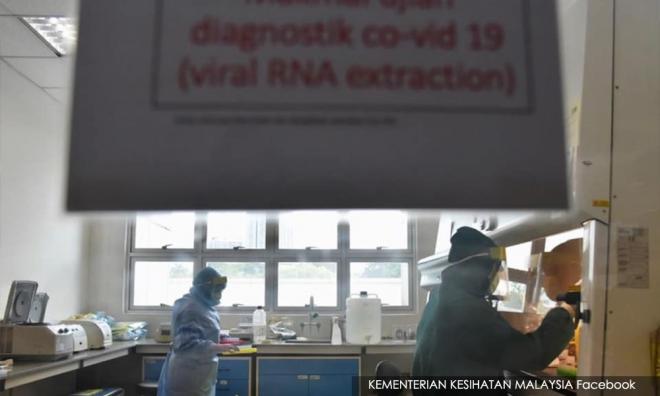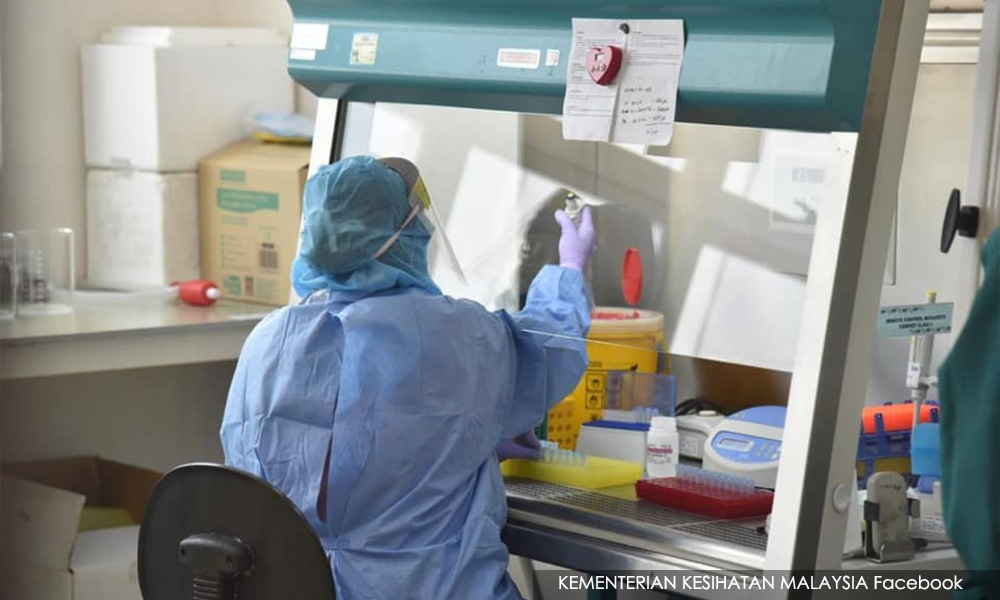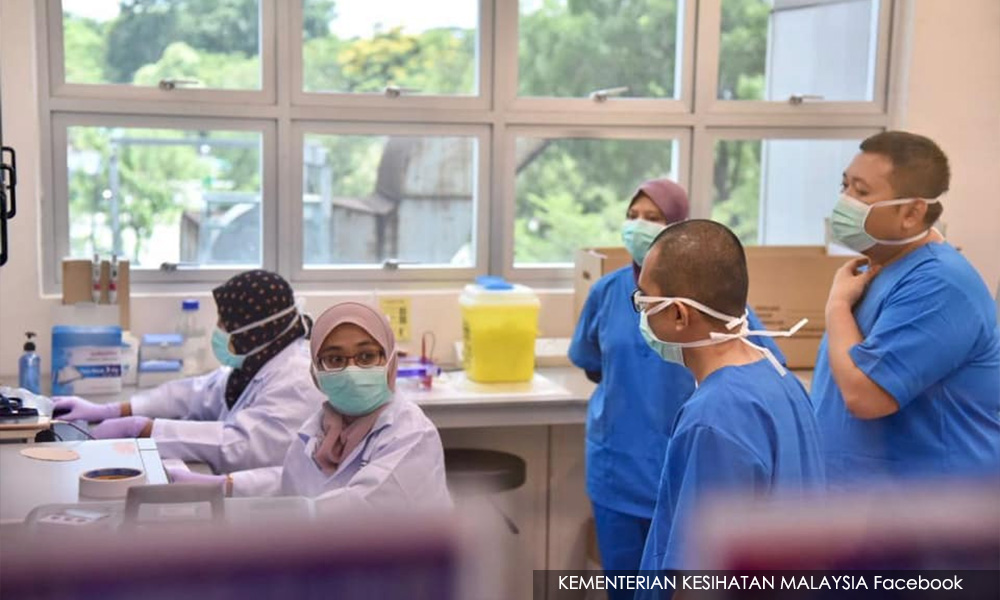
CORONAVIRUS | Automation is the only way to catch up on the backlog of Covid-19 tests that are still pending, said virologist Tan Cheng Siang.
He explained that a bottleneck in the test is the steps required to prepare samples taken from a patient for testing, which is laborious and limited by the capacity of the available equipment.
“Automation is probably the only way forward to clear the backlog of these tests.
“Complete automation is desired, but partial automation on the viral RNA extraction would significantly reduce the backlog of these tests,” he reportedly told Science Media Centre Malaysia.
Tan said the preparation process entailed breaking down the virus’ outer shell with chemicals (if the virus is present) and then purifying its RNA-based genetic material inside by washing away contaminants with an alcohol-based detergent.
After re-dissolving the RNA in water, the sample is ready to undergo the real-time reverse-transcription polymerase chain reaction (RT-qPCR) test.

“This is the most sensitive method to pick-up the early stage of an infection,” he said.
However, Tan noted that there are still other challenges when it comes to testing for Covid-19.
He said there has been a global shortage of diagnostic equipment, personal protective equipment, RNA extraction kits, and reagents needed for the RT-qPCR test.
“Some laboratories lack expertise in RT-qPCR as it is considered to be premium technology,” he added.
The head of the Universiti Malaysia Sarawak’s Centre for Tropical and Emerging Diseases said his laboratory can test 144 samples per day but is currently testing between 60 to 80 samples per day.
The capacity can be increased in multiples of 48, he said, since that is the capacity of the equipment used. The test will take four to five hours to obtain results.
To a question, he said Malaysia should emulate South Korea in providing community-based screening for Covid-19.
“Nevertheless, South Korea manufactures the RNA extraction and RT-qPCR kits which may reduce their cost per test,” he said.

Previously, Health Ministry director-general Dr Noor Hisham Abdullah said Malaysia has the capacity to run 11,500 tests per day but is only reporting the results of around 3,000 cases per day (including negative tests) because much of the capacity is being used to re-test existing cases.
There is a backlog of 8,000 tests, he said at a press conference on April 6.
He said the ministry wants to expand capacity to 16,500 per day this month and is looking to acquire machines from China to automate Covid-19 testing.
It is also looking for a fast and reliable test kit that can detect viral antigens in under two hours which can then be deployed more widely due to a reduced need for specialised equipment.
However, the kits from China and South Korea tested so far did not meet the necessary accuracy standards, though more kits are being looked at. - Mkini


No comments:
Post a Comment
Note: Only a member of this blog may post a comment.